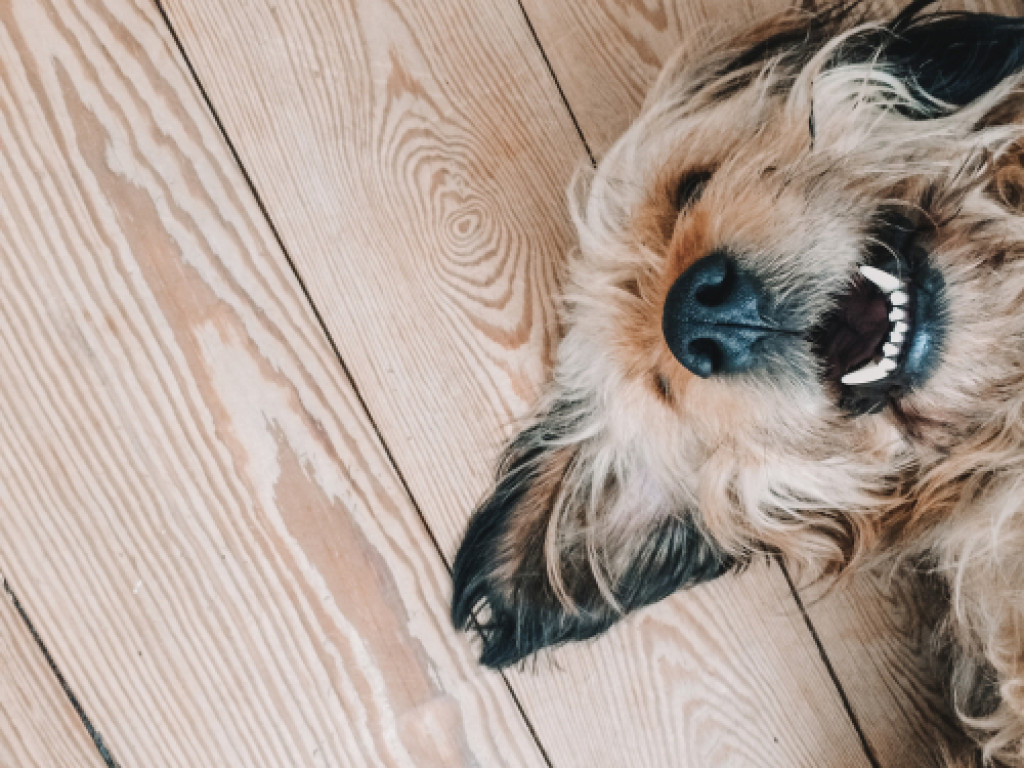You must do everything possible to keep your furry friend safe as a pet owner. Unfortunately, there are a lot of everyday household items and activities that can be dangerous for pets. You want to ensure that your pet has a happy and healthy life while in your home. To help you keep your pet safe at home, we’ve compiled a list of some simple tips.
1. Be Careful with Medications and Cleaning Products
Many common medications and cleaning products contain ingredients that can be toxic to pets. Store all medicines and cleaning products outside your pet’s reach to avoid accidental poisoning. In addition, pay close attention to the ingredients in any new products you introduce into your home. Put these substances in child-proof containers and keep them locked away.
Some everyday household items that can be poisonous to pets include:
– Medications (ibuprofen, acetaminophen, etc.)
– Cleaning products (bleach, laundry detergent, etc.)
– Certain plants (lilies, poinsettias, etc.)
– Insecticides and herbicides
If you have questions about whether a product is safe for pets, ask your veterinarian or contact the National Poison Control Center. They can guide you on what to do if your pet has ingested something poisonous.
2. Supervise Your Pet When Around Water
Whether it’s a swimming pool, bathtub, fish tank, or simply a puddle of water on the floor, all types of water can pose a danger to pets if they’re not supervised. Pets can easily fall into the water and drown, so it’s essential to always keep an eye on them when they’re near any type of water source.
Bathtubs and fish tanks should be kept covered when not in use to prevent accidents. If you have a swimming pool, make sure it is fenced in and that you teach your pet how to get out safely if they happen to fall in. Find a reliable residential contractor to install a durable fence to create a safe barrier for your pool.
3. Avoid letting your pet eat trash or other food scraps
While it may seem harmless to let your pet nibble on some leftover food from your plate, eating garbage can be very dangerous for pets. In addition to potentially eating something that could make them sick, pets can easily choke on small pieces of food. To avoid this, ensure your pet has its own bowl of fresh food and water, and do not allow them access to your trashcan or any other garbage receptacles in your home.
Remember that not all human food is safe for pets. Some common food items that can be harmful to pets include:
– Chocolate
– Coffee
– Grapes and raisins
– Onions and garlic
– Xylitol (a sugar substitute found in gum, candy, and some kinds of peanut butter)
Don’t feed your pet table scraps or any other human food unless you are sure it is safe for them to eat. If you’re ever in doubt, ask your veterinarian.

4. Keep Your Pet Up-to-Date on Vaccinations
Vaccinating your pet is one of the best ways to keep them safe at home. Pets that are up-to-date on their vaccinations are less likely to contract diseases and illnesses. Some diseases can be contracted simply by going outside, so it’s essential to ensure your pet is vaccinated against common illnesses such as rabies, distemper, and parvovirus.
Some pet vaccines are required by law, so check your local and state regulations. You may be able to get some pet vaccines at a low cost or even for free through your local animal shelter or humane society. But remember, even if vaccinations are not required by law, they are still crucial for keeping your pet safe.
5. Spay or Neuter Your Pet
Spaying or neutering your pet not only helps to control the pet population but can also improve your pet’s health and behavior. Spayed and neutered pets are less likely to roam around, which lowers their risk of getting into fights with other animals or running out into the streets and getting hit by a car. In addition, spaying and neutering can help reduce your pet’s risk of certain cancers and other health problems.
You can usually have your pet spayed or neutered at your local animal shelter or humane society. Some organizations even offer low-cost or free spay/neuter services. Ask your veterinarian for more information.
Following these simple tips can help keep your pet safe at home. Remember to store all medications and cleaning products out of reach, never feed them garbage, and always supervise them around water. Talk to your veterinarian about getting your pet vaccinated and spayed or neutered to help reduce their risk of disease and other health problems. Taking some simple precautions can help keep your pet happy and healthy for years to come.

